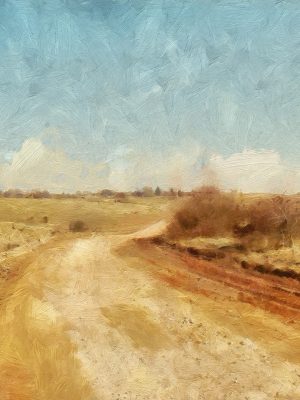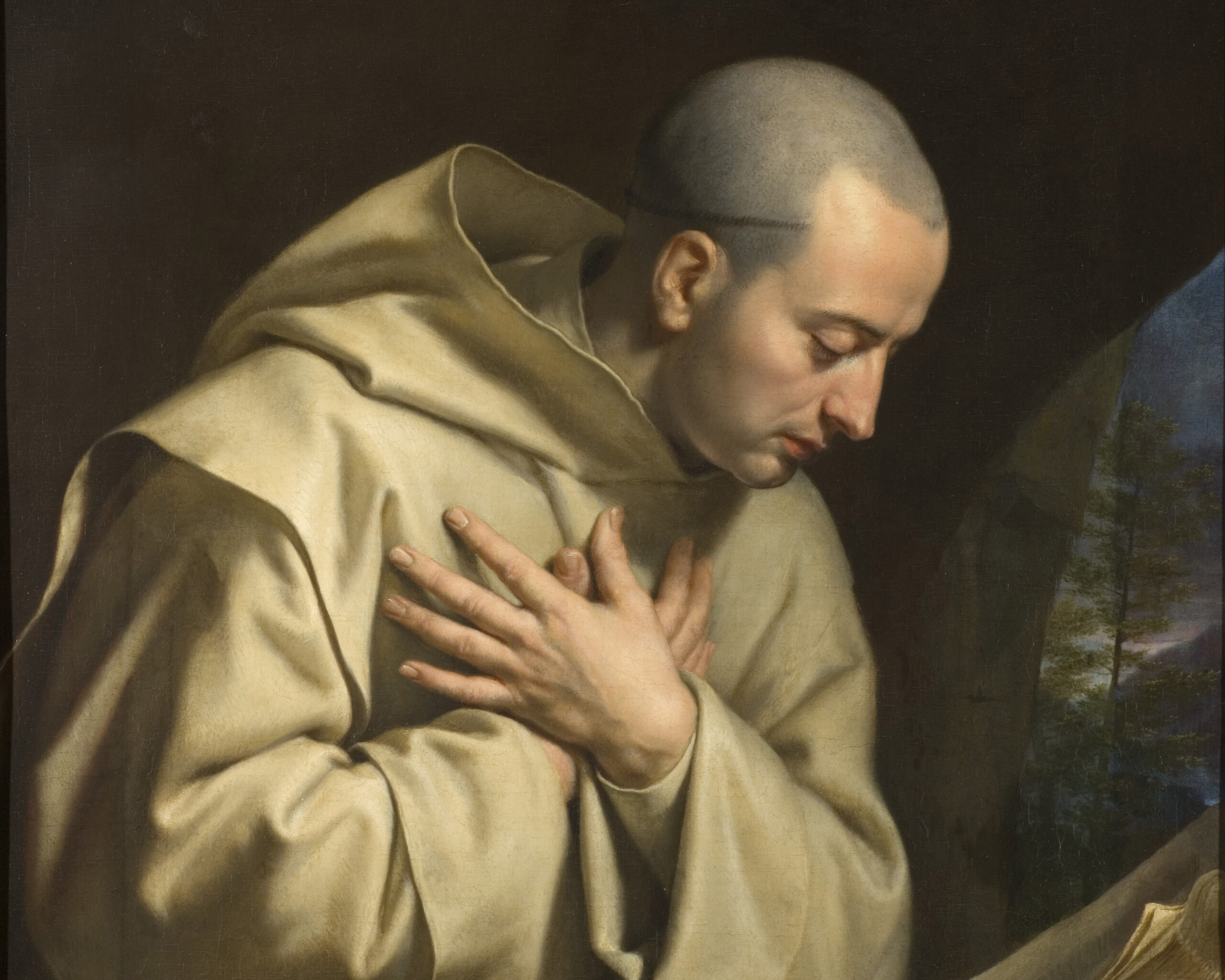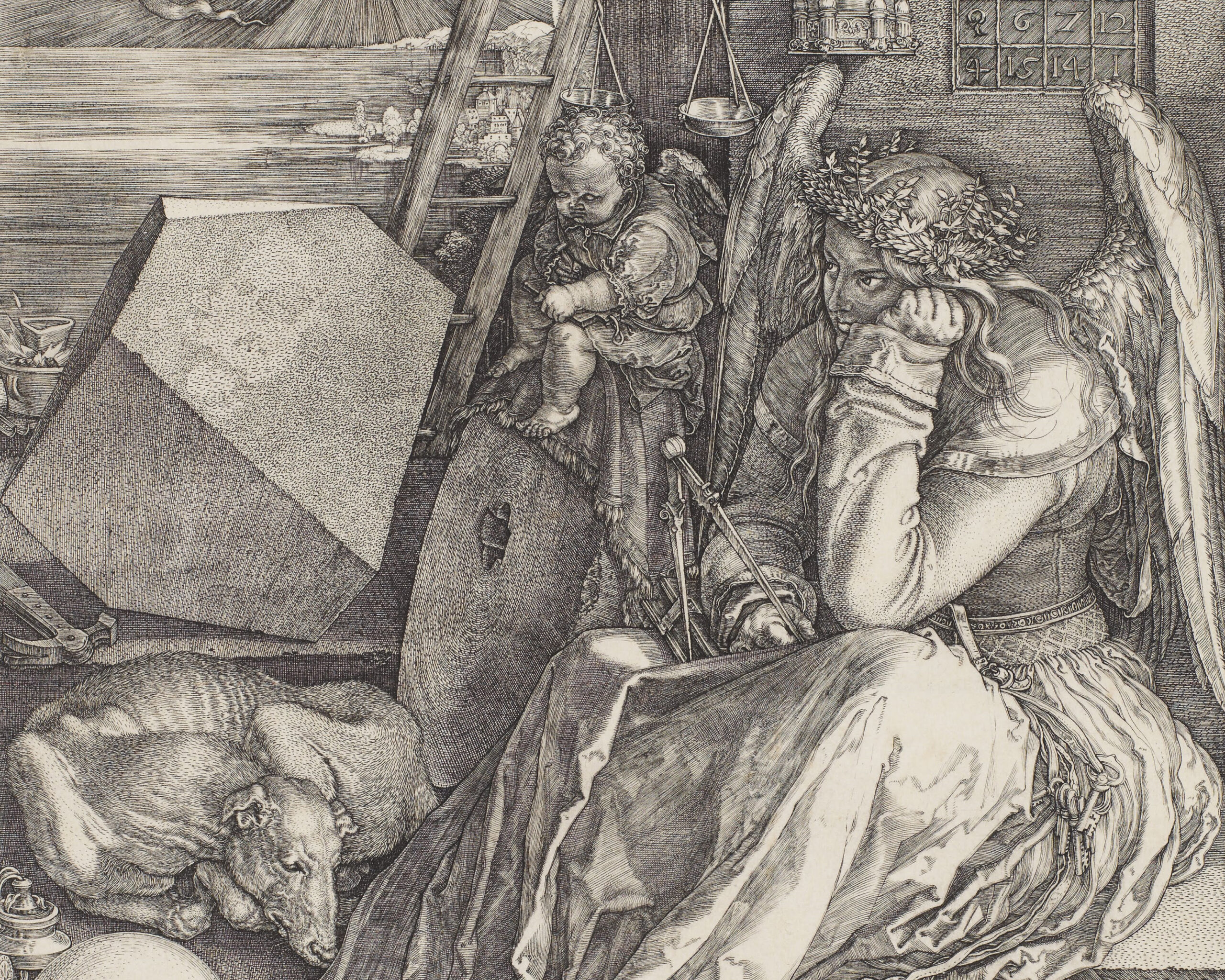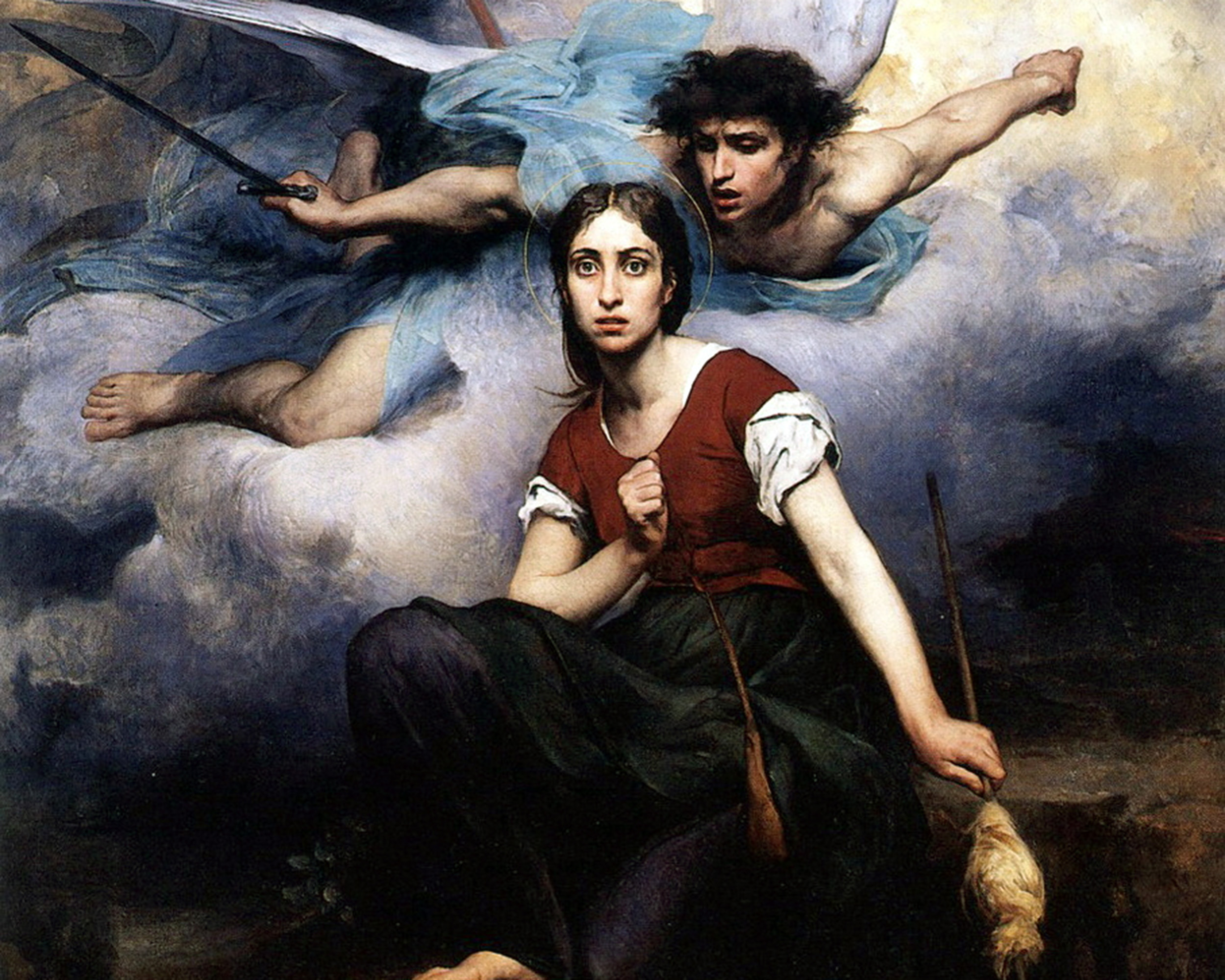In February of 1935, a nun, obscure at the time, named Sr. Maria Faustina Kowalska of the Most Blessed Sacrament was being summoned to visit her severely ill mother, Marianna, who was battling acute liver pain. Thirteen years had passed since Faustina had last been home, and it had been seven years since she saw her parents when they attended her first vows in 1928.
Only two years before visiting her ill mother, the twenty-seven-year-old Faustina had made her perpetual vows on May 1, 1933, in Kraków, where, just a few miles away, lived a thirteen-year-old boy named Karol Wojtyła.
At her final vows, Sr. Faustina made three requests, the first being:
“The triumph of the Church, particularly in Russia and in Spain; for blessings on the Holy Father, Pius XI, and on all the clergy: for the grace of conversion for impenitent sinners. And I ask You for a special blessing and for light, O Jesus, for the priests before whom I will make my confessions throughout my lifetime” (Diary, 119).
Her second request included blessings on her congregation, her superiors, her homeland, and her “dearest parents.” Her third request was a plea for souls in need of prayer: the dying and the Holy Souls in Purgatory.
Faustina longed to see her mother, whose life was hanging in the balance. The fact that she included her “dearest parents” in her offering of final vows reveals that Faustina’s religious formation from a young age was truly blessed. After receiving permission from her Mother Superior, Faustina arrived the next morning at her home.
Although the context for the family gathering was sad due to her mother’s supposed impending death, Faustina recalled with great joy how beautiful their meeting was. Faustina wrote, “We knelt down to thank God for the grace of being able to be together once again in this life.” Marianna fondly recalled their encounter, “She came to my room, praised God, and knelt down beside me, by the bed, and said at once, ‘Mommy, you will get up yet” (Czaczkowska, Faustina, 46).
Miraculously, the next day, Marianna joined her family for Sunday Mass and declared her good health ever since. Faustina’s mother would recover and live another thirty years before going to her eternal reward in 1965, while her father died in 1946, eight years after Faustina’s death.
Two years after having made her final vows, Faustina, inspired so much by the prayer life of her father, Stanislaus, highlighted this in her own diary: “When I saw how my father prayed, I was very much ashamed that, after so many years in the convent, I was not able to pray with such sincerity and fervor. And so I never cease thanking God for such parents” (Diary, 178). How, in fact, did Faustina’s father pray? In her book Faustina, The Mystic and her Message, Czaczkowska declared:
“Stanislaus was devout and very hard-working. He would wake up at dawn to sing the Little Office of the Blessed Virgin Mary, the hymn “When the Morning Dawn Rises,” and during Lent, the Lenten Lamentations. Helen’s father’s chosen form of devotion was often trying for the whole family, since the house was cramped and several children slept in one bed. He would get up first, when the family was still asleep and—without taking into consideration the children or our exhausted mother, worn out by taking care of the children day and night—would sing his Hours loudly and fervently, desiring foremost to honor the Virgin Mary. Mother, barely alive, would ask him not to, or even get angry at him for waking her. Nothing helped” ( Czaczkowska, Faustina, 36).
Stanislaus believed his first duty each day was to give glory to God and honor Our Lady, even at the expense of his wife and children’s sleep. Like her father, Faustina, too, found herself lost in solitude before the gaze of the famous icon of Our Lady of Częstochowa, also known as the Black Madonna, where she once prayed from 5 a.m. until 11 a.m., or, in her own words, “I prayed without interruption until eleven, and it seemed to me that I had just come” (Diary, 127).
Stanislaus prayed more vocally and utilized devotional books. On the other hand, Faustina’s desire for solitude, which she inherited from her father’s example, took on a different shape, that is, mystical prayer instead of devotional prayer.
One of Faustina’s religious sisters, Sr. Justine Golofit, described Faustina’s prayer life as such:
“She prayed, and she loved to pray. She was always recollected when she was praying and immersed in her prayer. She prayed kneeling, but with her back straight. Her prayer was mental prayer. While praying, she rarely used devotional books or the Holy Scriptures” (Czaczkowska, Faustina, 235).
Source: Parents of the Saints by Patrick O’Hearn, Published by TAN Books (pp. 271-273).









